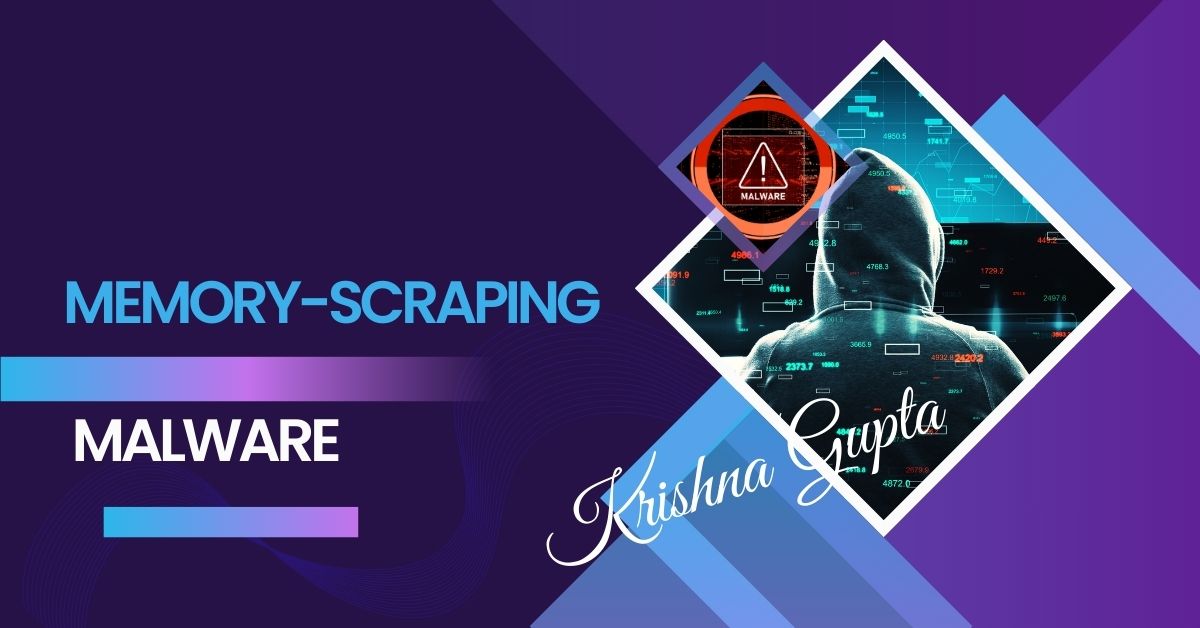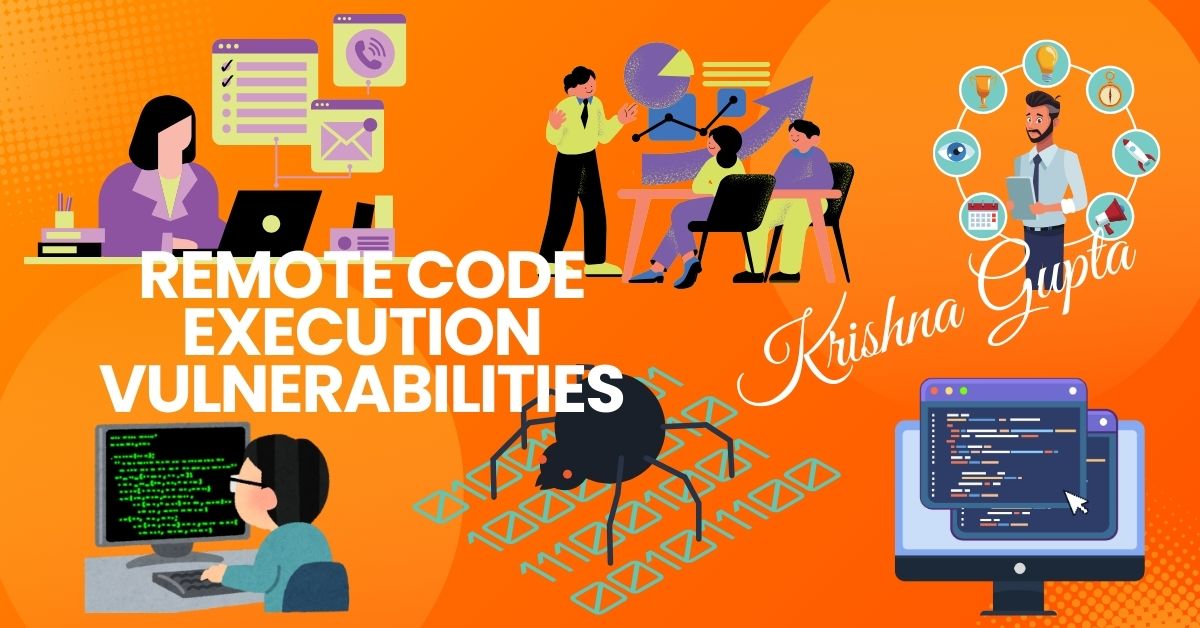Memory-Scraping Malware: Protecting Against RAM Scrapers in the Cybersecurity Landscape
Memory scraping malware targets the RAM of a system, as opposed to traditional malware that often targets files or other storage systems. The memory (RAM) is where the most sensitive, transient data resides, such as decrypted payment information and user credentials. RAM scrapers extract this sensitive data directly from running processes or application memory spaces before it can be encrypted or otherwise secured. This makes RAM scraping a particularly effective approach for cybercriminals intent on bypassing typical security measures, such as encrypted storage.

